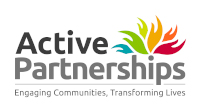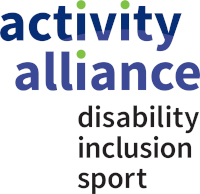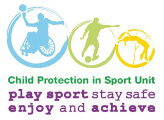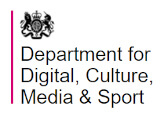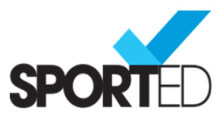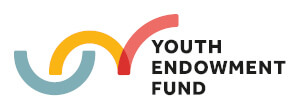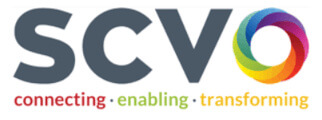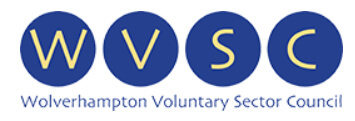New research finds demand for more disability sport news
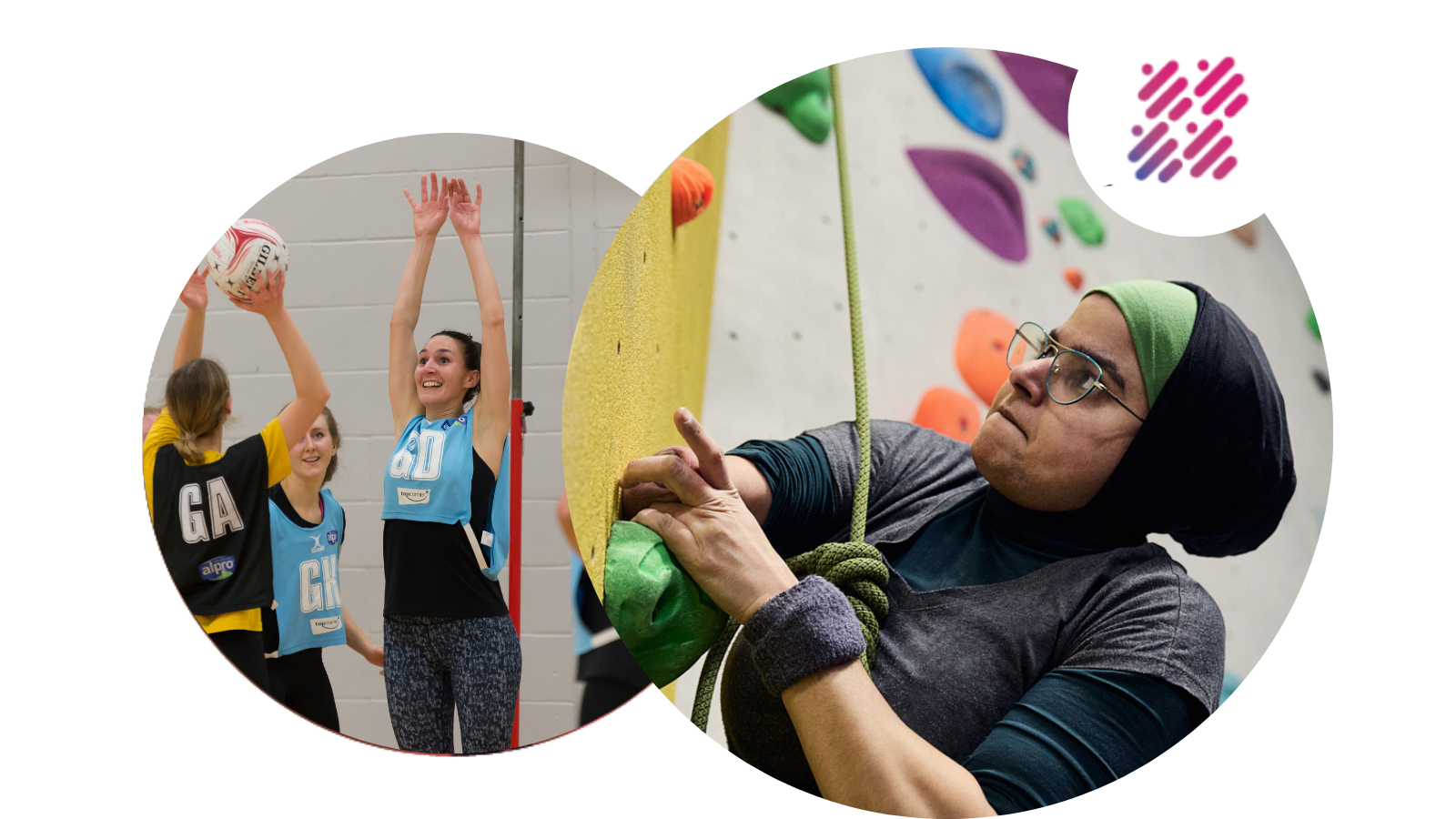
With a week to go before the Rio Paralympics, new research from the English Federation of Disability Sport (EFDS) has shown the public’s desire to see more disability sport in the media. With many media channels set to cover elite disability sport at the Rio Paralympics, the report flags the importance of coverage beyond the Games and on a par with non-disabled people in sport. To support journalists and those who provide news content on disabled people in sport, EFDS is also releasing a better practice Guide to accompany the research.
To produce the Media Research Report, EFDS commissioned ComRes, who spoke to disabled people, non-disabled people and sports journalists from local, national and specialist outlets. As well as benchmarking media’s current portrayal of disabled people in sport, it assesses opinions on disability sport news. The key findings show:
- The way the media reports on disabled people in sport has a societal impact and has wider effects on people’s perceptions of disability.
- Despite the notable improvement in reporting since London 2012, disabled and non-disabled people want to see more disability sport coverage and parity with non-disabled people in sport.
- There needs to be long-term efforts to improve the media coverage in-between Paralympic years to have a lasting impact for all disabled people in sport. While this is a high profile year for disability sport, there is an opportunity to shape coverage beyond the Paralympics.
- Journalists and sports providers need more support and guidance on appropriate reporting.
For journalists and news providers, there were some key messages:
- A number of groups can contribute to improving media coverage of disability sport and play an active role. They include journalists, news providers, National Governing Bodies of sport, sports clubs and ambassadors.
- Priorities should be to:
- Focus on achievement rather than disability
- Avoid overly using terms such as "inspirational”
- Clearly explain classification systems, recognising disability, but not dwelling on it
- Use higher quality images, especially for local events.
The accompanying Guide supports journalists and sports providers to produce news content on disabled people in sport. It explores six areas- tailoring content, story type, style and placement, language, media formats and ambassadors.
Last week (25 August), EFDS and ComRes hosted an exclusive event for journalists and key stakeholders in sport. Those present included BBC, Sky Sports News and Sport England. The hosts presented the findings, followed by a panel discussion including David Walker, Sports Editor at the Daily Mirror and Tim Hollingsworth, the British Paralympic Association’s Chief Executive.
Speaking at the event in London Barry Horne, Chief Executive at EFDS, said:
"The news we consume can affect everyone’s perceptions of themselves as people and, for the talented few in sport, as athletes. This means that it is particularly important that coverage is positive if it is going to encourage disabled people to access opportunities and take part. That is why we all have an obligation to improve our reporting and articles about disabled people in sport.
"Although we are well placed to support journalists and sports providers before the most recognised event in disability sport, the Paralympics, it is paramount that, all year round, we address the issues raised.”
Sport England, the Sports Journalists’ Association and the British Paralympic Association are supporting EFDS with the new research and Guide.
Lisa O’Keefe, Director of Insight at Sport England said:
"While undoubtedly a fantastic showcase of heights which can be achieved, the Paralympics only show one half of the disability sports’ story, with many disabled people playing sport far away from the glare of the Paralympic flame.
"Encouragingly, research shows that there is overwhelming support for seeing more coverage. What’s more, both disabled and non-disabled people agree that the reporting of sport and physical activity for disabled people has improved greatly over the last ten years, which leaves us with a strong platform to build on.”
Andy Elliott, Chair at the Sports Journalists’ Association, said:
"It’s gratifying to know that as an industry we have improved since 2012 and that the majority of articles that report on sport for disabled people use positive language. But the research makes it clear that more can be done.
"The Sports Journalists’ Association is delighted to play its part in supporting EFDS and this important Guide will help sports journalists maintain momentum to increase coverage of disability sports at all levels.”
- You can download the report from 31 August here http://www.efds.co.uk/how-we-help/research
- You can download the Guide from 31 August here http://www.efds.co.uk/how-we-help/resources
- Follow the conversation using #EFDSMediaReport
Latest news from Active Black Country
View all news
INSIGHT HUB
Timely data and learnings in relation to physical activity and sport in the Black Country and the added value we can offer.
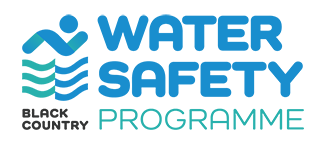
WATER SAFETY PROGRAMME
Our Black Country Water Safety Programme has had a big impact since launching. Access our free resources for schools, community groups and parents & guardians to increase the number of children and families who are water safe and boost their enjoyment of swimming.



